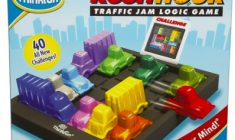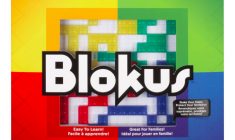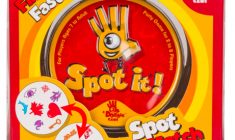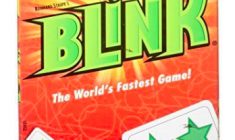Learning Enhancement – Mathematics
What is spatial reasoning and how does it relate to mathematics?
Spatial reasoning seems to be the latest topic of interest in the world of mathematics education. Spatial reasoning ability has been closely linked to improved performance in areas of Science, Technology Engineering and Mathematics (STEM) with research revealing that individuals who have strong visual spatial abilities generally perform better in these endeavours. This coupled with a shift to more visual mathematics, where mathematical problems are presented increasingly though graphics such as tables, maps with coordinates, number lines and graphs, suggests that developing students’ spatial reasoning skills is more important than ever.
So what exactly is spatial reasoning and how can we foster this in our boys? Spatial reasoning is the ability to manipulate both 2D and 3D shapes either physically or mentally in order to solve problems. In the early years experiences in puzzles, block building and 3D shape matching activities all foster spatial reasoning. Through these tasks children are engaged in composing, decomposing and recomposing 3D objects. They may visualise, arrange, rotate, slide, compare and imagine – all skills which involve spatial reasoning.
As children move through primary school, experiences in working with 2D and 3D shapes in the form of tangrams, pentominoes, origami, 3D nets as well as tasks involving reading and interpreting graphics such as maps and graphs, build students’ ability to reason through perspective-taking, locating, intersecting, transforming, scaling, mapping and relating.
There is strong evidence to suggest that spatial reasoning is not a pre-determined trait but something that is malleable and can be learned. Regular engagement in spatial reasoning tasks has proven to not only improve an individual’s spatial reasoning but also, has the benefit of improving overall mathematics performance. Playing games with your son is a perfect way to foster their spatial reasoning skills.
Some fabulous games you can play at home include Parking Panic, Blockus, Spot It, Blink and Pick-a-dog. Traditional games such as Tetris, Pentominoes and tangrams are also fun and engaging.
Colleen Chan – Teaching and Learning Coordinator – Mathematics











